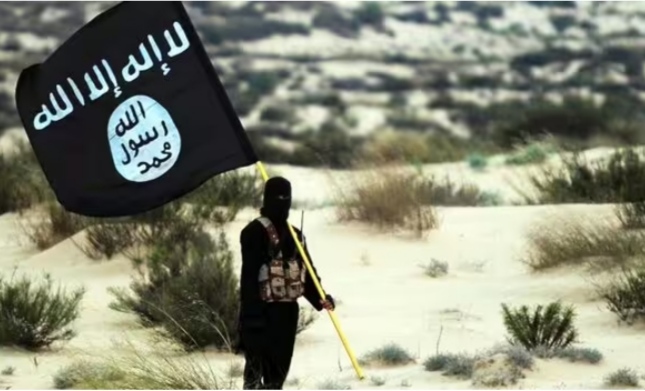Tens of thousands of detained ISIS extremists in Syria could be released if camps under the control of the Syrian Democratic Forces (SDF) fall to a new regime, warn camp authorities. Over 35,000 former Islamic State members, including 8,000 foreign-born jihadis and ISIS brides like Britain’s Shamima Begum, are held in facilities managed by the SDF in the Democratic Autonomous Administration of North and East Syria (DAANES) since ISIS’s defeat in 2019. The SDF, backed by 2,000 US troops, UK funding, and Western allies, has maintained these camps following their victory alongside coalition forces in the Battle of Baghuz.


The recent rise of Hayat Tahrir al-Sham (HTS), led by former al-Qaeda member Abu Mohammed al-Jolani (also known as Ahmed al-Sharaa), has sparked fears that the group could seize control of these camps. HTS took power from President Bashar al-Assad six months ago, and despite al-Jolani’s pledge to combat ISIS, concerns persist. HTS fighters have been spotted wearing ISIS-associated symbols, and ethnic minorities, including Christians, Druze, and Alawites, have faced atrocities in HTS-controlled areas. A June suicide bombing linked to ISIS killed 25 and injured 63 at a Greek Orthodox church in Damascus.


The SDF is negotiating with HTS to secure its role in Syria’s future government, but the camps face additional pressure from reduced US aid under President Donald Trump’s administration, straining resources for food, guards, and security. There are also concerns about a potential US troop withdrawal.
Jihan Hanan, co-chair of al-Hol Camp, told the Sunday Express that if HTS takes over, “ISIS could be reborn in 24 hours.” She warned that losing SDF control would lead to a resurgent ISIS and a “big war.” Hanan emphasized the SDF’s unique ability to combat both ISIS’s fighters and its extremist ideology, noting that unlike HTS, the SDF has not been linked to genocides or violations of UN humanitarian standards. “If another regime took control, they lack the experience to fight ISIS and its extremism,” she said.


Recent US military actions, including the killing of a senior ISIS leader and his sons in Aleppo in July, underscore the ongoing threat. Admiral Charles Brad Cooper of CENTCOM visited al-Hol this month, signaling continued concern. Hanan urged the US not to abandon the region, calling it a humanitarian necessity.
The UK and US have eased sanctions on Syrian government departments, and in July, then-Foreign Secretary David Lammy visited Syria—the first UK minister to do so in 14 years. He stressed that a stable Syria aligns with UK interests, citing reduced migration, chemical weapons destruction, and counter-terrorism efforts. Lammy added that re-establishing diplomatic ties supports Syria’s path to a stable, secure, and prosperous future.




